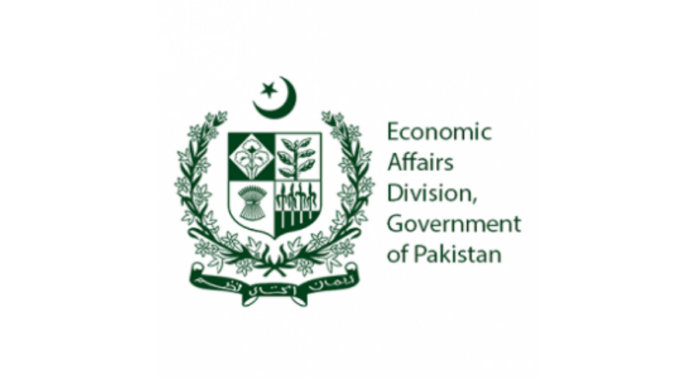Financial irregularities totaling Rs98.56 billion have been identified in the Economic Affairs Division for the fiscal year 2023-24, primarily due to the non-recovery of long-outstanding foreign loans, according to a news report.
The Auditor General has recommended that the government pursue the recovery of these loans through high-level diplomatic and political channels.
The Audit Report 2024-2025 highlights several significant cases, including the non-recovery of a €67.646 million (approximately Rs20.57 billion) loan linked to a cement plant project. The loan, originally taken from a French bank in 1994 to set up a plant in Hub, Balochistan, was guaranteed by a Pakistani bank.
Following defaults, Pakistan assumed the debt under a 2001 Paris Club agreement. Despite several efforts, including proposals for asset sales and legal consultations, the amount remains unpaid. The audit stresses that these delays have resulted in a direct loss to the public exchequer.
The report also highlights the non-recovery of foreign loans worth US$304.5 million (approximately Rs85.26 billion) from countries such as Sri Lanka, Bangladesh, Iraq, Sudan, and Guinea-Bissau, which were provided in the 1980s and 1990s under export credit agreements.
Despite repeated follow-ups by the Ministry of Foreign Affairs and directions from the Public Accounts Committee, these loans remain unpaid. The audit warns that these defaults are increasing Pakistan’s foreign exchange burden.
Additional concerns raised in the report include non-production of records, unauthorised expenditures, and weak monitoring of foreign-assisted projects. The Auditor General has called for accountability, legal action where necessary, and improvements in financial oversight within the Economic Affairs Division.
The report urges the government to strengthen debt management systems, enforce repayment schedules, and conduct regular valuations of debtor companies’ assets to prevent undervaluation losses.




